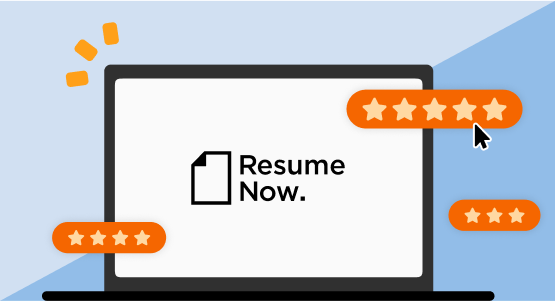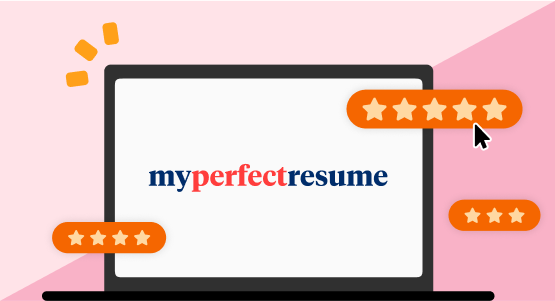Resume objective statements aren’t an excellent fit for everyone, so we’ll explain who should use them and in which scenarios.
Resume objectives are best for:
Career changers: If you have work experience but are not in the industry you’re transitioning to, including a resume objective when updating your resume provides the right space to explain the motivation for the career change.
Job seekers lacking formal experience: If you’re writing a resume with no experience, objective statements provide a fitting way to discuss your skills and motivation despite having a limited or nonexistent work history.
Recent graduates seeking an entry-level position: If this is your first job, your resume objective can explain how your education prepared you for the role.
Current high school or college students: If you’re a fresher or student enrolled in school or university, employers may be impressed to learn about your passions, studies and achievements.
Applying for college with a resume: Some colleges and universities accept resumes as part of the college application process, and a resume objective is a great way to state your interests and academic aspirations.
Returning to the workforce: If you’ve taken a hiatus from work or are a retired job seeker, the resume objective helps you explain your situation and show employers your unique strengths.
About to move to a new city: If you’re applying to an in-person job far from where you live and want to avoid confusing the employer, mention in your resume objective that you’re planning to relocate.
Otherwise, a professional summary is better if none of these scenarios apply to you!















